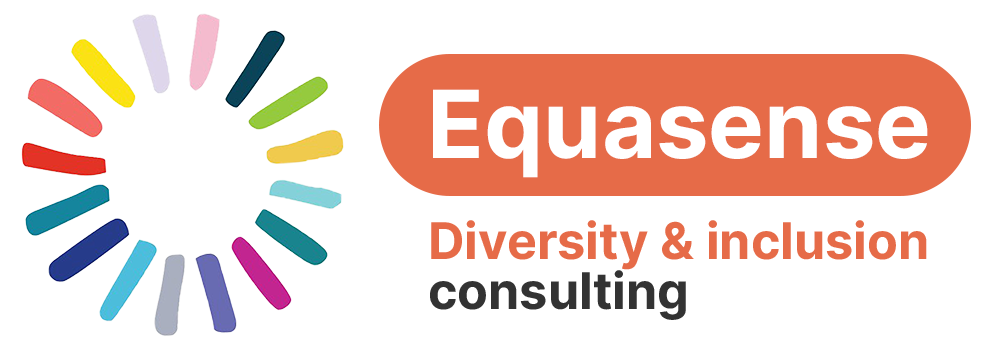Time and time again, when I ask people why they don’t get involved in #DiversityAndInclusion conversations, it’s fear that comes up. Fear of saying the wrong thing, fear of offending, fear of not understanding, fear of using the wrong language. Fear of feeling uncomfortable.
But in order to learn and grow, we have to be ok with making mistakes and feeling uncomfortable. And we have to be open to listening and appreciating different perspectives – and to do that means having conversations. Even if that starts with a conversation about having conversations!
In the workplace, there are ways to encourage this to happen, including providing a range of spaces and networking opportunities, providing things to talk about via e.g. panel discussions or events, learning partnerships or two-way mentoring, or even more formal opportunities for 1-2-1 conversations.
But what if you aren’t in the workplace and those opportunities aren’t being put on for you? It can be hard to strike up a conversation about diversity and inclusion in a social environment. One option might be to look for online or in real life events from local community groups – often around “Awareness days” for example, International Women’s Day, Black History, LGBT+ History Month or Pride. Many places offer introductions to the issues around these times. For a more in depth style of event, The Human Library is getting back to holding events – this is a Danish idea that’s now global where human”books” with different experiences volunteer to be “read” by readers via telling their story and having a conversation.
The more we talk about diversity and inclusion, and equality and equity, the easier it becomes. I only have to listen to my teenagers who have been having conversations about valuing and respecting difference since primary school to see the ease and knowledge with which they discuss religion, racism and gender identity – topics that some of their adults actively avoid. We have much to learn, but we’ll learn quicker if we have respectful conversations with lots of different people. What can you do to try out number 21 on #22WaysToBeConsciouslyInclusiveIn2022 – normalising conversations about inclusion, equity and belonging?


Recent Comments